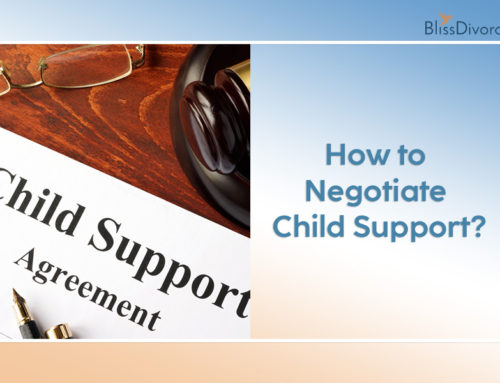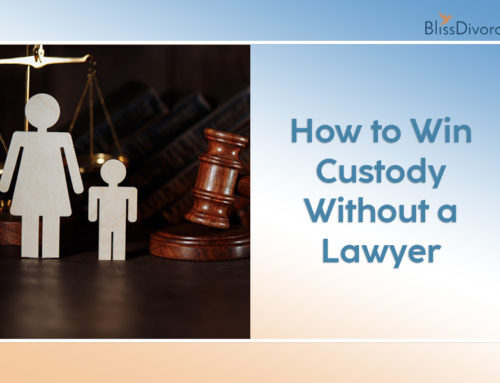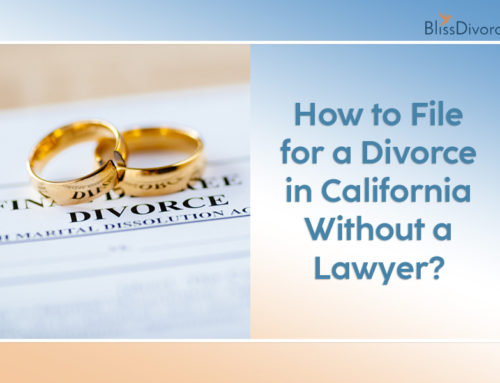One of the first things you think about when you realize you’re getting divorced is how to protect yourself — emotionally and financially. Most people think the best way to do this is to hire a divorce attorney. Unfortunately, this usually accomplishes the exact opposite—it stokes conflict and puts your assets at risk.
The Law Dictates More Than You Think
The key thing to understand is that the division of assets and debts in a divorce is largely dictated by law. In community property states like California anything acquired during the marriage is considered “community property.” And each spouse has a 50/50 right to all community property. This is true even if one spouse’s name is not on the account, deed or title—it’s still community property.
Most people don’t realize this, so they think hiring an attorney can help them keep their retirement account or maybe get the house. But what really ends up happening is both sides spend tens of thousands on attorney fees, conflict escalates, and in the end if they appear before a judge they still have to split things 50/50. The only problem is that there’s a lot less to split up, because attorney fees are so expensive. In fact, a study from Ohio State University found that divorce destroys 77% of an average family’s wealth.

Source: shutterstock.com / Photo Contributor: My July
A Better Way to Protect Yourself
A much better strategy to protect your assets (and your emotional state) is to understand and accept the law, and reach an amicable agreement with your spouse. If you can reach an agreement with minimal or no attorney involvement, the way things are divided should be about the same—but you get much more because there’s so much more to split up.
It really comes down to the proverbial story about the size of the pie: hire opposing attorneys and you might get slightly more of a much smaller pie. Or work things out peacefully using a service like BlissDivorce and there will be a much larger pie to split. So even if you get a slightly lower percentage, you will still walk away with a lot more.
*This article is for informational purposes only and is not intended to provide legal advice. If you require legal advice, please contact a licensed attorney in your local area.




